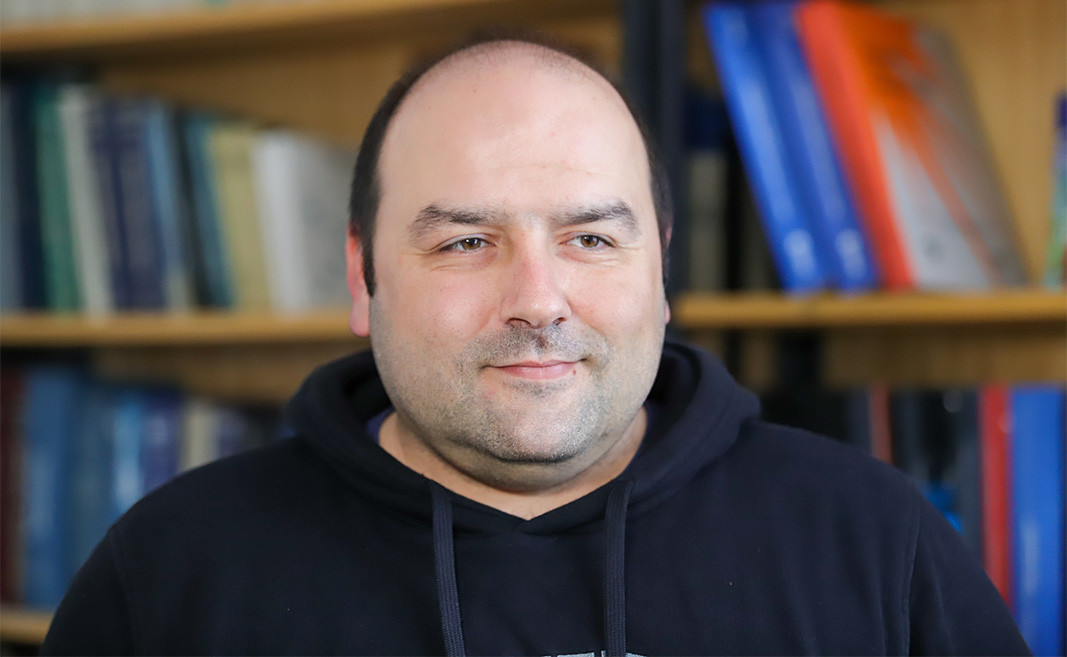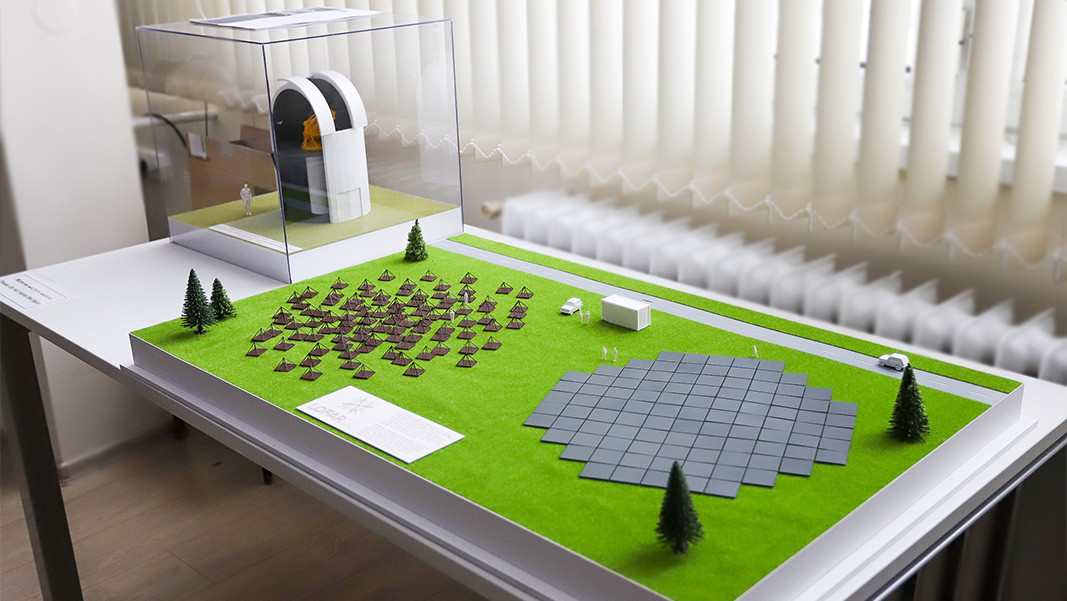"Each station has a large number of relatively simple radio antennas which, using modern technology, electronics and computers, can together observe the same objects in the sky - points out in an interview for Bulgarian National Radio Associate Professor Kamen Kozarev from the Institute of Astronomy with the National Astronomical Observatory at BAS. - If all these observing stations work simultaneously, the radio telescope can achieve very high resolution".
"In fact, with this telescope we can observe all sorts of phenomena from the universe's inception and the birth of the first stars to exploring our ionosphere and studying our own sun.Two more stations will be built by 2025. One will be in Bulgaria and the other in Italy, with our station being the first on the Balkan Peninsula and in south-eastern Europe in general. It will be the southernmost and easternmost radio telescope station, and the northernmost is in Sweden. The group of participating countries also includes Germany, France, Poland, the United Kingdom and Latvia".
The new observation station in Bulgaria will be built next to the Rozhen National Astronomical Observatory. Dipole antennas will be positioned on the site, which will be the size of a football field.

The project is funded by the Bulgarian government through the National Roadmap for Research Infrastructure. The station is currently under construction and details of where the antennas will be located are being carefully planned. According to Associate Professor Kozarev, Bulgaria has a tradition in optical astronomy, with a brand new optical telescope recently commissioned at the Rozhen Observatory, but researchers in the country have little experience of radio astronomy. Once the radio telescope is built, it will be able to work with the other stations as well as independently, allowing Bulgarian researchers to carry out valuable new research on different objects.
"The main interest of our radio telescope group is the study of the Sun and the activity in the ionosphere caused by solar activity.
We are currently recruiting specialists and building a very strong team. I dare say that it will be fully prepared for the modern technology and science of the 21st century. It is very important for us to keep up with modern scientific developments.On Wednesday, the lowest temperatures will range between minus 8°C and minus 3°C, for Sofia around minus 7°C . During the day, snow showers in the northeastern regions will begin to stop, but in southeastern Bulgaria it will still snow in many places...
Career Foreign Service Officer Susan Falatko has arrived in Sofia on February 18 to assume the role of Chargé d’Affaires. Prior to this appointment, Ms. Falatko’s service includes assignments as Deputy Chief of Mission and Chargé d’Affaires at the..
Bulgaria's President Rumen Radev convened today a meeting of the National Security Advisory Council, dedicated to the risks and threats to national security arising from the spread of narcotic and intoxicating substances among the younger generation and..
The Bulgarian Ministry of Tourism will work to create a map of important, but hard-to-reach tourist and cultural-historical sites. The goal is then to..
Bulgarian Finance Minister Temenuzhka Petkova will travel to Brussels to provide an update on Bulgaria’s progress towards euro area accession. The..
Bulgaria’s President Rumen Radev named Sofia Airport after the Apostle of Freedom Vasil Levski, the press secretariat of the head of state announced...

+359 2 9336 661
